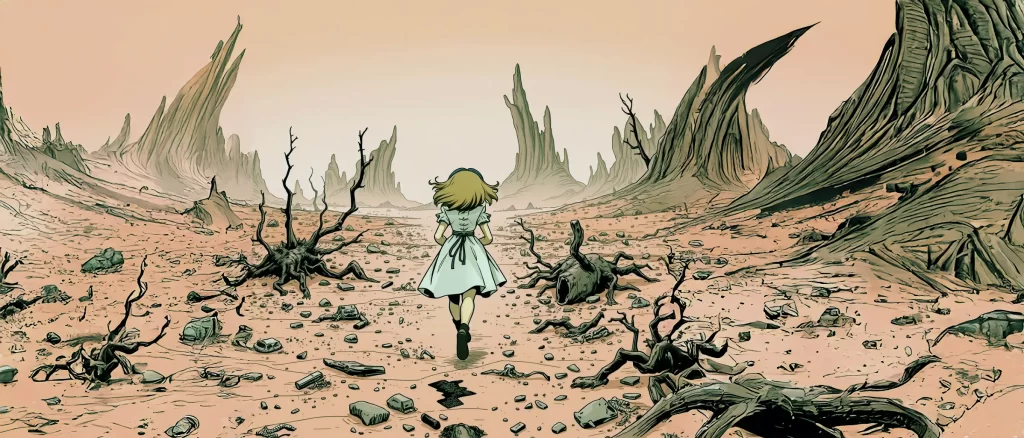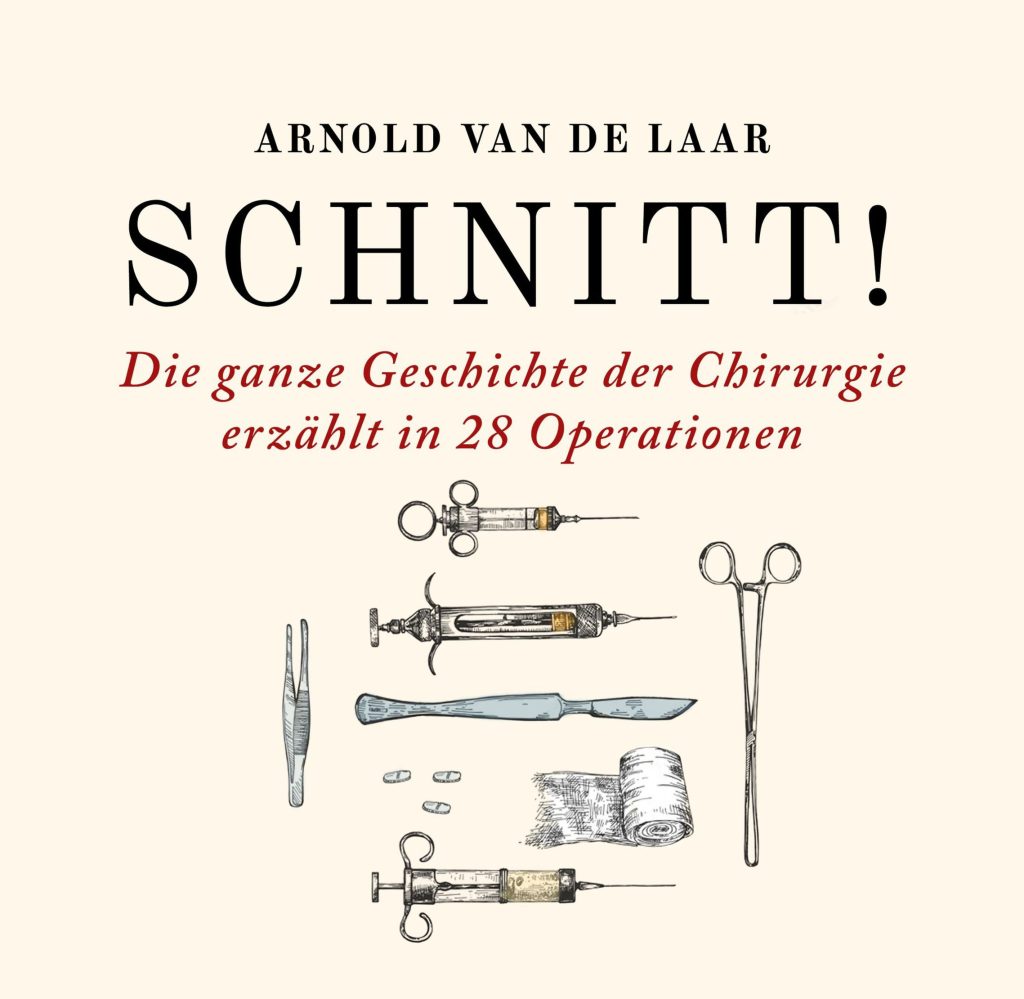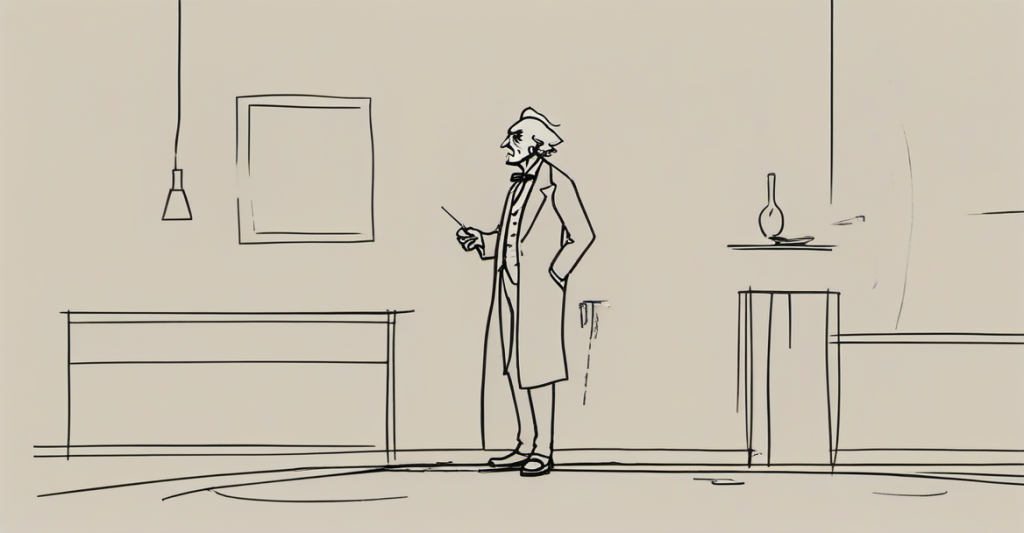I recently finished reading Nexus and thought I’d share my thoughts. To start with, let me say that Sapiens was an incredible book. It was so good that, for a while, I wouldn’t hesitate to pick up any book written by Yuval Noah Harari. However, Homo Deus didn’t quite reach the same level for me, and neither does Nexus.
That being said, Nexus does have some interesting ideas and provides helpful historical context. The core notion that ‘more information’ doesn’t automatically translate into ‘truth and happiness’ is something I can definitely agree with. But overall, the book doesn’t deliver in a way that would make it stand out.
The author is undoubtedly a smart individual, and his intentions seem to be in the right place—trying to nudge readers in a positive direction. But the book itself feels like a wild mix: on the one hand, it contains interesting insights rooted in solid historical observations. On the other hand, these are paired with personal musings and extrapolations that, while thought-provoking, are not necessarily backed by extensive knowledge.

One of the central themes of Nexus is the state of the world in relation to AI, along with some views on how we got here. Interestingly, there’s no mention of transformers (the AI architecture, not the robots), which is quite telling about the author’s perspective.
In summary, while Nexus is an intellectually stimulating book in parts, it doesn’t quite live up to the standard set by Sapiens. It’s a mix of deep insights and personal thoughts, the latter sometimes feeling like they stem more from the author’s compulsion to think about things rather than from a solid foundation of knowledge.


